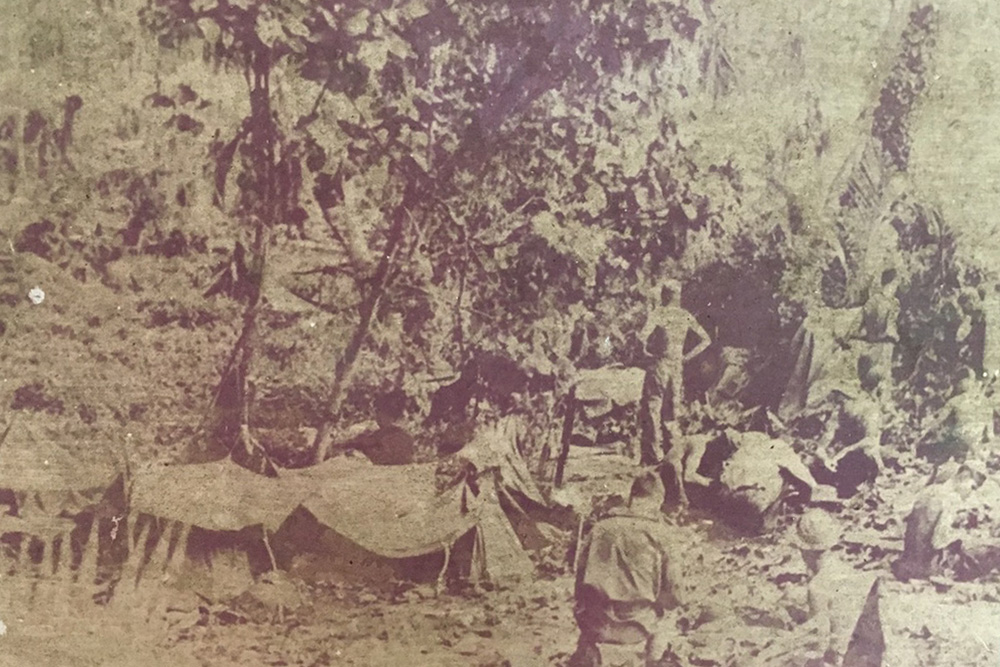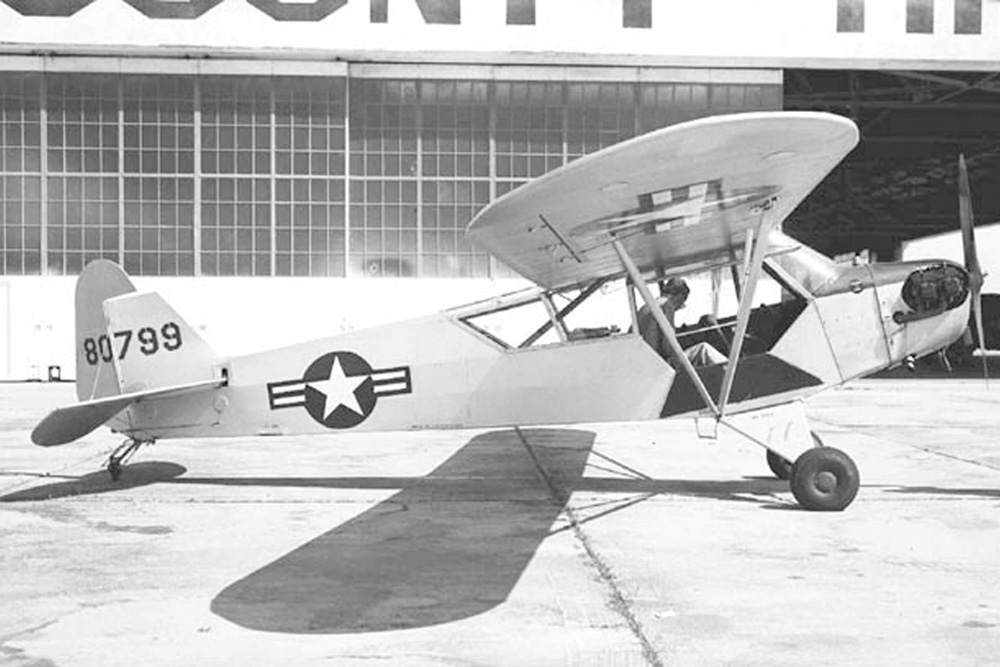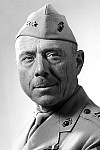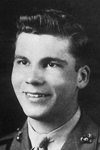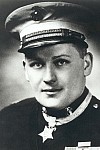Iboki Plantation & Airfield
During the later phases of the campaign on New Britain, the First Marine Division occupied what was called by the men on the ground as Iboki Plantation, a grove of palm trees in the village of Iboki. The Marines also built a small airfield for liaison spotting aircraft.
During much of March and April 1944, C Company, 1st battalion, First Marine Regiment was garrisoned at Iboki, from which the men went out on endless patrols into the surrounding jungle. Little contact was made with the retreating Japanese army, although there were skirmishes in the jungle during this time.
During one skirmish a Japanese soldier was taken prisoner, and it turned out that he not only spoke perfect English, but had studied at Columbia University, in New York City, from which C Companyís commander, Nikolai Stevenson, had his undergraduate degree in 1940.
The prisoner was brought to Captain Stevensonís headquarters at Iboki, and the two men we seated next to each other while, according to witnesses, much of C Company was looking on, wondering how their company commander would deal with a captured Japanese prisoner from his undergraduate university.
To the Japanese prisoner, Stevenson said, simply: "Well, weíre both a long way from Morningside Heights" (the location in New York City of Columbia University). Not much is known about the rest of their interview, although later Stevenson said: "He had gone home to Japan after a semester and was caught there when the war started, and he could not return to New York."
Then other men in C Company worked hard to insure that the prisoner remained alive while being sent back to "regiment" at Cape Gloucester. According to one C Company officer, not all prisoners were spared during the campaign on New Britain, as the burden of looking after captives in the jungle often put the men guarding them at risk from attacks.
It was at Iboki Plantation that General William Rupertus (the division commander) paid a visit to C Company, First Marines. Rupertus is controversial in Marine Corps history for the disaster that would overtake the division, under his command, on Peleliu, the campaign that followed New Britain.
According to Captain Stevenson, Rupertus reviewed the troops at Iboki, but had no affinity for the men fighting in his ranks. He complained about their uniforms, the lack oil on their guns, minor infractions in the rules, etc., while seeming to overlook that at Iboki the men of C Company were stationed in a rainforest, surrounded by Japanese and the jungle, and that the campaign last some four months.
For the men of C Company the only respite from the rains came when a US Navy PT boat brought supplies to the men of C Company at Iboki and then invited the officers of the company to dine aboard the boat. One of Stevensonís officers at the time, Everett Pope, who would win the Congressional Medal of Honor at Peleliu, said: "He [the company commander, Stevenson] made us wash and clean our uniforms, and look smart for the dinner, which was the best meal we had on New Britain."
In April 1944, C Company and the rest of the First Regiment was relieved and sent back to Pavuvu Island in the Solomon Islands.
Do you have more information about this location? Inform us!
Source
- Text: Matthew Stevenson
- Photos: Matthew Stevenson
- Pacific Wrecks
